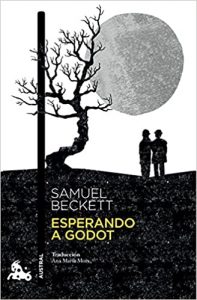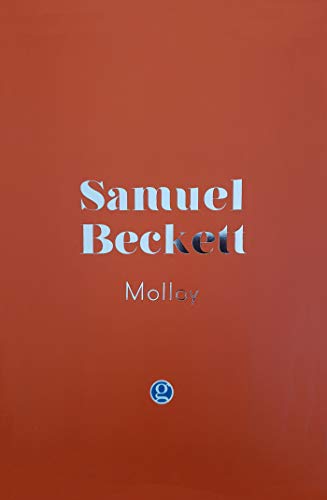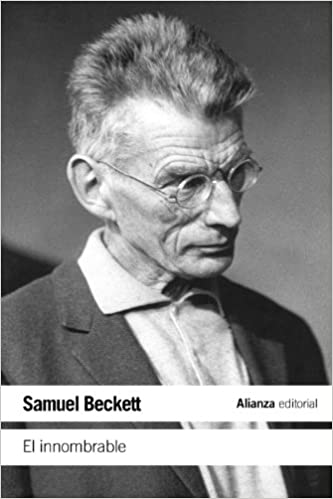A Samuel Beckett He can be called pessimistic, nihilistic, dark and symbolic, a cultivator of the absurd. And yet, nothing is more vital than surviving to tell it. Nothing more human than trying to calm internal demons and general fears typical of wars and post-wars. For restless spirits like Beckett, one option was to experiment with literature in search of new horizons, vanishing points with which to escape from a reality that was leaking everywhere, Europe in the mid-20th century.
A promiscuous writer in narrative genres, he cultivated poetry, novels and dramaturgy. But always with that disruptive intention. In Beckett one senses a kind of disenchantment with the human condition itself capable of causing the disasters of war. The changes in register and that experimental intention, which in the case of Becket ended up leading to his recognition as a literary genius, are largely based on disenchantment, distrust, boredom, the search for change, the ridicule of the forms, irreverence and rebellion…
Reading Becket supposes participating in that atrocious confrontation of the creative spirit with the harshness of destruction and the consequent misery that took hold of the spiritual, the moral and even the physical.
Yes. The world of that twentieth century seemed to regress (I don't know if it has really evolved many times). The decadence seemed to take over everything. But the art and in this case the literature of the twentieth century were there looking for the world reset button.
Top 3 Recommended Works of Samuel Beckett
Waiting for Godot
Reading a play has a special point. The preponderance of the dialogue, with the annotations of the dramatization, have you completely naked intellectually in front of the characters. There is no omniscient narrator, neither first nor third person ... everything is you and some characters that speak in front of you.
You have to be in charge of locating the set, of imagining the movements of each character on the tables. There is no doubt that the thing has its charm.
In the case of Waiting for Godot, the existentialist background of the narrative has you in that same plane of direct observation of the vagabonds Vladimir and Estragon and makes you participate in their futile, absurd wait, on the edge of a road. Godot never comes and you wonder if it was because the homeless people never got the message for the date.
Other characters like Pozzo and Lucky take advantage of the useless wait to announce the arrival that will never take place. And in the end you can understand that we are all those bums.
And that fate keeps us confused, if it exists and that really, despite everything, living is waiting for something that may never come ... Irony, caustic humor and delusional conversations that, however, we can all savor, with the acid aftertaste of the truest truth.
molloy
As the beginning of "The Trilogy," Beckett's most iconic set of novels, the truth is that the novel puzzled and still puzzles.
Its experimental plot is nourished by monologue, with the normal association that this resource has for evocation, for random thinking, for disorder... but also for brilliant synthesis, for jumping over barriers of the usual thought structures that lead us to logic, labeling and prejudices.
Molloy is a wanderer who leads us through the first part of the novel. Jacques Moran is a kind of policeman who is on Molloy's trail. The motives that lead him in Molloy's footsteps confuse the reader so that he can expect a clear thread. The confusion is precisely the thread, the plot, the composition that allows the drift of difficult chronology.
And the fundamental thing is that you finish reading without understanding the foundation of Molloy and Moran. Perhaps the same person, perhaps victim and murderer in a story told in reverse. What is important is the strange interim in which you have delved into the skin of characters whose purpose you do not have to have understood.
The nameless
I skip the second part of the trilogy to rescue its tremendous ending. With this novel Beckett closed his most incisive experimental bet. The end of a trilogy like this could only be finished as Beckett did.
The final sentences point to a more theatrical, over-acted soliloquy, the same one that everyone can pose in this world as the curtain goes down and the oxygen stops reaching where it has to go, thus posing the most important doubts, the questions. true ... the light.
The rest of the novel takes up the previous monologue that is subjective existence, under the fatalistic, crude and lucid prism of Beckett. Again we ignore the order and the plot, we guess the chronology because we need it to think when reading, everything else is part of the experiment.



